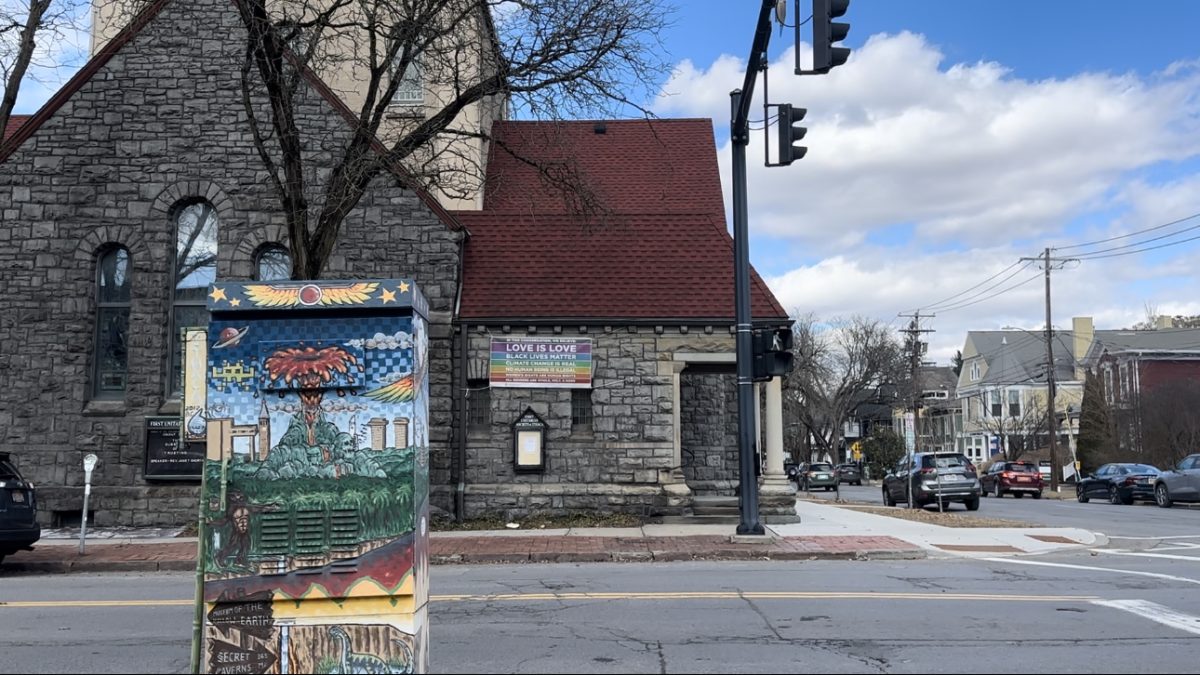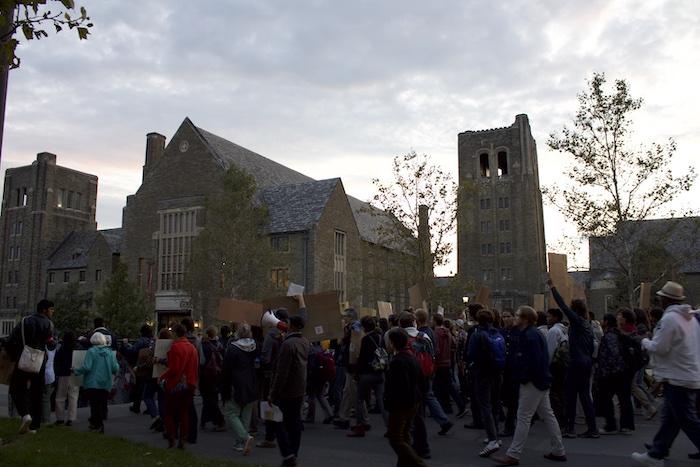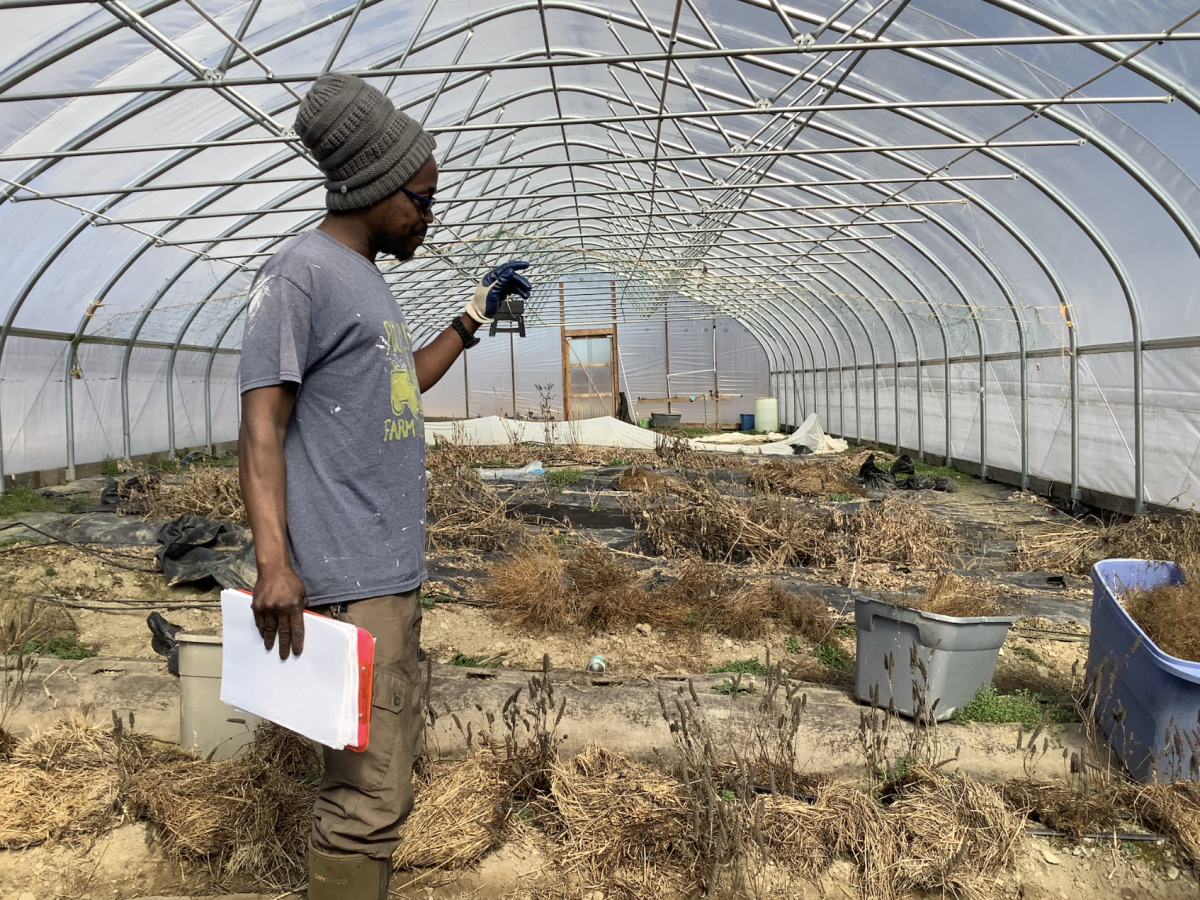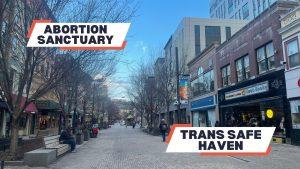
ITHACA, NY — As all levels of government continue to pass legislation to shield and limit healthcare access for abortions and gender-affirming care in a battle of bodily autonomy, the Ithaca Common Council has passed two resolutions to protect healthcare rights. In July 2023, the council passed a resolution for those seeking abortion and reproductive healthcare and another in September 2023 for those seeking transgender healthcare.
Community Impact
Genevieve Rand, a transgender woman, said she was able to find community, healthcare and support in Ithaca and thinks these local resolutions can help others in the same way by establishing the city as a sanctuary.
“My arrival in Ithaca was that I was running away from a situation that was very dangerous for me as a transgender person and I moved here to transition because it was the only place I’d ever been where I had seen openly trans people walking around the center of town,” Rand said.

Rand is also a member of the national Democratic Socialists of America, the Ithaca Tenants Union and is active in local politics. She said one of the ways a municipal government can make an impact on healthcare access is by taking a strong stance that reflects public opinion. This pushes representatives at the state and federal level to express the interests of their municipalities in more substantial legislation.
“Even though the state of New York has toothy state level laws … It’s not necessarily the case that everywhere you go in New York, especially upstate New York, is going to be friendly to people who are seeking either of those things,” Rand said. “This is a signal for people everywhere that Ithaca is a safe place for people like you.”
Legal effects
One overarching proponent of these sanctuaries is the desire to protect anyone seeking healthcare in Ithaca from out-of-state law enforcement.
“This is really a statement to say that the city will continue to uphold that level of dignity and respect if anything was ever challenged at the state level,” Mayor of Ithaca Robert Cantelmo said.
The abortion sanctuary ordinance and the trans safe haven resolution outlaws the use of city resources in assisting out-of-state investigations against people that perform or receive an abortion or gender-affirming care.
Another connection between the abortion sanctuary and trans safe haven legislation is that, if healthcare access in New York is ever criminalized, Ithaca would make enforcement of that new policy its lowest priority.
Cantelmo said there is not much more the city government can do on the topic of healthcare because it is not in their jurisdiction. He said that what the laws show is that the city government will fight to support those seeking healthcare in Ithaca.
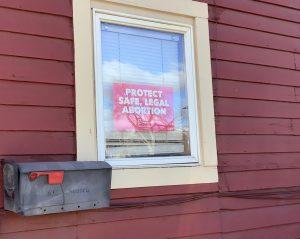
Cantelmo said it is difficult to say what the impact of the abortion sanctuary ordinance has been for out-of-state patients because any information health clinics collect is confidential. He said it is even more difficult to see the result for locals.
“It’s so hard to get those observable implications, because it’s the kind of thing where if the law is working well, we shouldn’t observe any instances,” Cantelmo said. “It’s a no news is good news type situation.”
Local reproductive rights advocates like Joan Adler, member of End Abortion Stigma, also believe there is value in passing these resolutions. Adler said sanctuary cities can be reassuring to the person seeking an abortion because there is an extra level of protection.
“It also puts law enforcement and the legal community on notice,” Adler said. “That, [aiding investigations is] not going to be tolerated and it’s against the law. … It doesn’t hurt to ordain that in another way.”
Next steps in bolstering healthcare access
Adler said the next step locally in bolstering abortion access is by regulating “crisis pregnancy centers” and making sure those organizations are providing comprehensive information about pregnancy options.
“I just feel like that presents the greatest public health risk and the greatest,” Adler said. “[But] we’re still kind of in a bubble here.”
New York has its own shield laws to protect healthcare rights, however, there are intersectional issues that create barriers to existing resources.
Rand said one obstacle the city can work with the county on is improving public transportation between different municipalities and medical clinics, such as Planned Parenthood.
“It is absolutely a barrier to healthcare access that people don’t have good and reliable transportation,” Rand said.
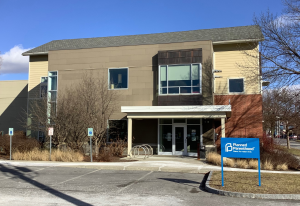
Planned Parenthood offers both reproductive and gender-affirming healthcare at the clinic in Ithaca. There are also groups that work to educate, connect people with resources, lobby for progressive legislation and build community like the Democratic Socialists for America, End Abortion Stigma, the Ithaca Pride Alliance and the Ithaca Transgender Group.







